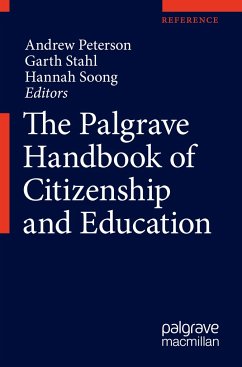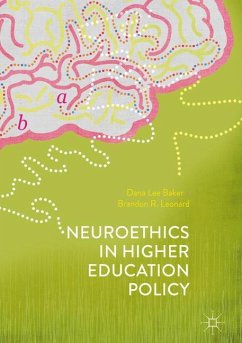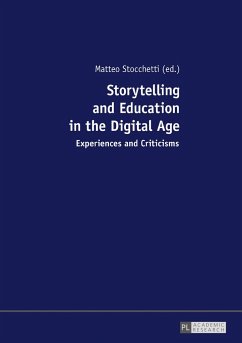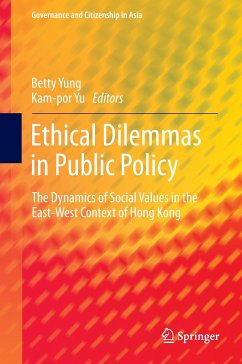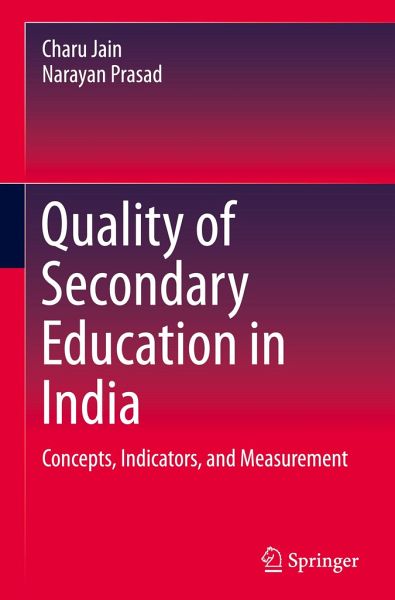
Quality of Secondary Education in India
Concepts, Indicators, and Measurement
Versandkostenfrei!
Versandfertig in 6-10 Tagen
38,99 €
inkl. MwSt.
Weitere Ausgaben:

PAYBACK Punkte
19 °P sammeln!
This book provides useful insights into quality issues in secondary education in India and addresses the important questions of why there is need to improve the quality of education; how one can measure the quality of education; and the ways to improve quality. The analysis in this book is conceptually designed at three levels: national level performance and linkages; state level progress, disparities and linkages; and determinants of quality education at school level for measuring students learning outcomes and efficient teaching practices.The authors have used both quantitative and qualitati...
This book provides useful insights into quality issues in secondary education in India and addresses the important questions of why there is need to improve the quality of education; how one can measure the quality of education; and the ways to improve quality. The analysis in this book is conceptually designed at three levels: national level performance and linkages; state level progress, disparities and linkages; and determinants of quality education at school level for measuring students learning outcomes and efficient teaching practices.
The authors have used both quantitative and qualitative methods to probe into the various issues related to the quality of secondary education at micro and macro levels. This book provides a methodological framework to scholars attempting to measure and evaluate the quality of secondary education under various settings. It provides interesting insights into the identification of factors determining quality outcomes. The chaptersdiscussissues related to quality concepts, research methodologies, comparative analysis, key challenges, socio-economic linkages of secondary education, quality of education from students' and teachers' perspectives, quality measurement and policy suggestions. This is a valuable resource for researchers and students in the area of economics of education, education planning and administration, development studies and economics. This book is also useful for educational administrators and policy makers.
The authors have used both quantitative and qualitative methods to probe into the various issues related to the quality of secondary education at micro and macro levels. This book provides a methodological framework to scholars attempting to measure and evaluate the quality of secondary education under various settings. It provides interesting insights into the identification of factors determining quality outcomes. The chaptersdiscussissues related to quality concepts, research methodologies, comparative analysis, key challenges, socio-economic linkages of secondary education, quality of education from students' and teachers' perspectives, quality measurement and policy suggestions. This is a valuable resource for researchers and students in the area of economics of education, education planning and administration, development studies and economics. This book is also useful for educational administrators and policy makers.





